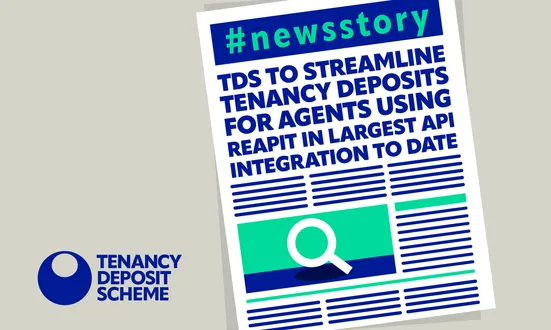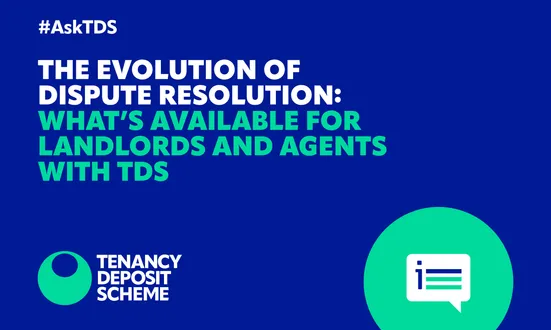With the new government announcing landlords have until 2030 to get their rented properties to an EPC ‘C’, James Kent, the NRLA’s Chief Innovation Officer and founder of the digital compliance platform Safe2, explains why it is vital a package of support is made available to fund improvements.
Plans for a new minimum EPC rating of C for rented homes are back on the table, with landlords given six years to make improvements or be left unable to let out their rental homes.
From what we know so far, the proposals broadly mirror those put forward by the last government, which first mooted a minimum EPC plan back in 2021, with a 2028 date for compliance.
Former PM Rishi Sunak abandoned these plans last year, but even then we warned it was unlikely to be the last we heard of them.?
And while energy efficiency did not make it into the King’s Speech, which lays out the Government’s priorities for the next parliamentary year, Energy Security and Net Zero Secretary,?Ed?Miliband?has subsequently told the Commons: “One thing that this Government will do that the last Government did not, is demand that landlords raise the standard of their accommodation to a proper energy performance certificate standard C by 2030.”?
While this makes clear the Government’s intentions, what it fails to do is give any detail as to the shape of reform, and how EPCs may be calculated going forward.
For example, the previous administration was consulting on plans to change the way EPCs are calculated ahead of the election in a bid to make them more accurate (and potentially more expensive) yet no information has been given as to whether this will still happen.
Left in limbo
All this means landlords are – yet again – left in limbo, knowing they will need to carry out and – importantly – fund improvement works, but without the level of detail needed to make important decisions and get things moving.
And it’s not just us saying this.
Inboxes at the association are bursting with messages from concerned members wanting to know more.
What is needed now is information, and a detailed proposal of what support will be available to landlords when it comes to making necessary improvements.
Challenges?
We at the NRLA support the principle of energy efficient homes, which are better for landlords and tenants, but we understand many landlords face significant challenges when it comes to making upgrades, particularly when it comes to insulating older solid brick homes.?
These are some of the most difficult homes to improve and make up a disproportionate share of the private rented sector.
Although 2030 may sound like some time off, landlords need time to plan improvement works – and find traders to carry them out.?
As we know there is a shortage of both skilled tradespeople and building supplies, so this is not always straightforward. Inspectors will also be in demand to ensure homes meet the new standard.
Indeed, research published from Hamptons estate agents earlier this month claims it could take 18 years for all PRS properties to reach an EPC C, based on current trends, something which makes sobering reading.
And all this is before we consider the cost.
The average cost of upgrading a property to an EPC rating of ‘A’ is upwards of £30,000, with a ‘deep retrofit’ costing in the region of £70,000, according to some experts.
The last Government proposed a £10,000 cap on spend per property when it came to bringing homes up to the new standard, but it is unclear as to whether the new government will introduce a cap, or introduce exemptions in certain circumstances, for example listed buildings.?
Even cost caps are problematic – with £10,000 a much greater share of the income (and property value) of landlords in parts of the north, compared with affluent areas of London and the south, where property prices, and rents, are considerably higher.
What does the NRLA want to see??
Just as landlords need information before making decisions on how to futureproof their homes – for example whether to install an energy efficient gas boiler in favour of a heat pump – so does the NRLA.
It’s difficult for us to firm up our asks of Government before we know what’s on the table, but we do know there will need to be ringfenced funding to help landlords, be this through targeted grants or tax incentives, allowing the cost of improvements to be considered as revenue expenditure and offset against tax at the point of spend, as with repair and maintenance.?
This is vital if we are to protect the supply of homes to let in the places where people want to live, with latest figures showing there are already an average of 15 applicants for each property to rent.
This will only be exacerbated if landlords opt to leave the sector rather than face potentially ruinous improvement bills.
We are calling for answers on these, and other questions, and in the meantime are continuing to engage with the new government, to stress the need for a credible and long-term plan that supports the rental market to improve energy efficiency, allowing landlords to continue to provide warm, efficient homes to those that need them.??
More information?
Keep an eye on our news site and social media channels for all the latest news on energy efficiency and the new minimum standards?
For more information on our energy efficiency campaign click here.?
Part of the NRLA family, Safe2 provides landlords with a single service to ensure vital safety certificates, including gas, electrical safety and EPCs are up to date at the click of a mouse. For more information click here.??
Exclusive savings for TDS and NRLA customers
Register your deposits with The Tenancy Deposit Scheme and become an NRLA member to SAVE 33% on TDS Insured and enjoy £15 OFF NRLA membership. Click here to join today.

The views expressed in this content are solely those of the author alone and do not necessarily represent the views of TDS, its officers, or employees. To read more on TDS views, visit our Policies & Procedures webpage.
Other news stories


